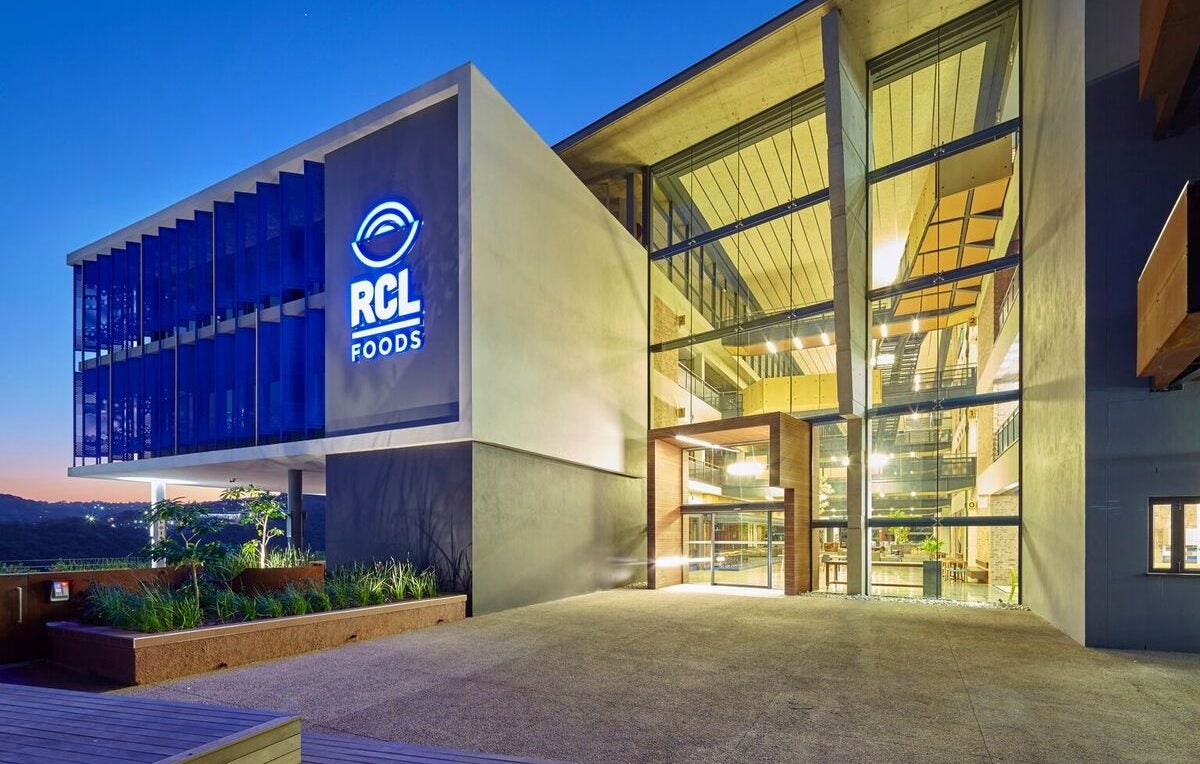
South Africa’s RCL Foods has again cut its profit guidance as a sugar levy and power shortages weigh on the branded and private-label manufacturer.
The profit warning is the third from the Johannesburg-listed group in its current financial year, the most recent of which was issued just seven weeks ago following the initial advisory in February.
In July, the Rainbow chicken and Bobtail pet-food brand owner advised its headline earning per share (HEPS) in the 12 months ended in June would be 30% below the previous year’s print. Now, profits are expected to be down in the region of 39% to 46%, RCL Foods noted in a stock-exchange filing.
Ahead of the final results on 4 September, the company reiterated the pressures stressed in July.
“The decline from the comparative period is largely driven by the impact of the special levy raised by the South African Sugar Association on the group’s sugar business unit, unrecovered feed costs in Rainbow and the significant impact of load-shedding across all operations in the current period,” RCL Foods said.
For the year ended June 2022, the company reported HEPS of 118.6 South African cents. For the current financial year-end, that is expected to drop to 64 to 72 cents.
Earnings per share are envisaged at 65 to 73 cents, representing a decline of between 36% and 43% from last year’s 114 cents.
Issuing its previous profit warning in July, RCL Foods described the South African sugar industry as being in a “state of significant uncertainty” since the commencement of business rescue proceedings by Tongaat Hulett Sugar and Gledhow Sugar Company.
As a consequence, the remaining industry participants have had to bear
additional costs in the form of a special levy imposed by the Sugar Association in order to cover the resulting shortfall.
So-called load shedding has plagued South African industries this year, including the food sector. RCL Foods’ peers Tiger Brands, Astral Foods and Libstar have all previously emphasised the financial pressures from the power outages.
The government declared a state of emergency in February, with President Cyril Ramaphosa pledging to “dramatically reduce” the power blackouts.
“We are in the grip of a profound energy crisis, the seeds of which were planted many years ago,” Ramaphosa declared.
“The state of disaster will enable us to provide practical measures that we need to take to support businesses in the food production, storage and retail supply chain, including for the rollout of generators, solar panels and uninterrupted power supply.”
Meanwhile, RCL Foods said it expects to take a “negative fair value adjustment” of R127.4m ($6.8m) from its association with US-based The LiveKindly Collective.
RCL Foods took a minority interest in the plant-based business in 2020. Then in 2021, the South African food company formed a joint venture – Livekindly Collective Africa – to market the Fry Family Food Co., LikeMeat and Oumph brands.
Just Food has approached RCL Foods for an explanation on the financial adjustment.
